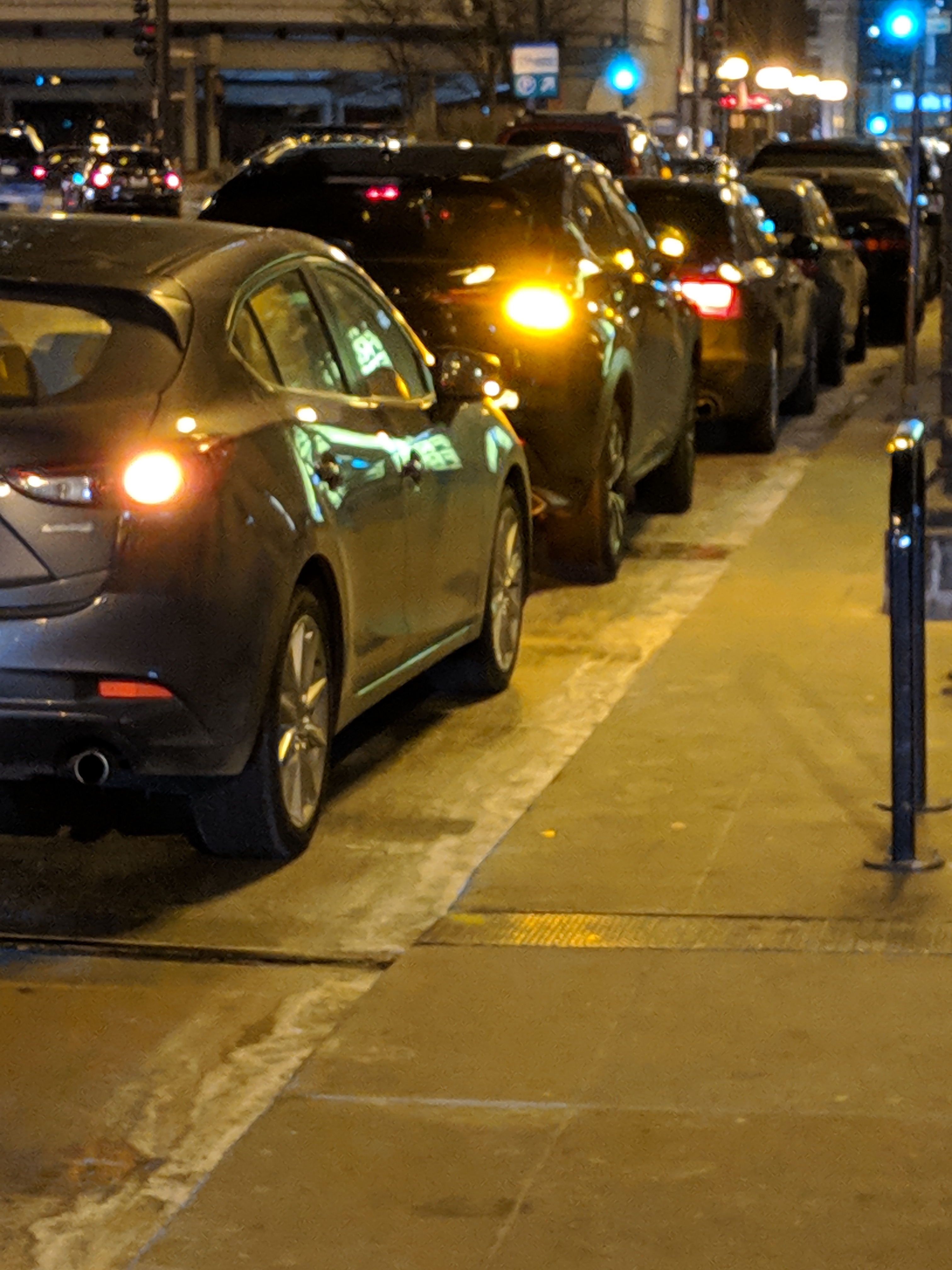This dissertation analyzes the policy paths of short-term rentals and ride-sharing to understand how and when state governments intervene in local issues. I use an original dataset of all state sharing economy policy from 2009–2018 to detail how the sharing economy emerged into the American policy landscape and was processed by state and local governments and the ways American federalism shaped the outcomes. Expectations from existing research would predict that the processes of short-term rental and ride-sharing policy adoption are similar and driven by partisanship, however through quantitative analysis and detailed case studies I find that instead, the policies proceed differently based on the division of functional responsibilities between state and local governments. Forty-nine states, driven by an alliance between interest groups and the availability of model legislation, quickly adopted similar ride-sharing regulations grounded in insurance policy that also largely eliminated local policymaking authority. For short-term rentals, the twenty-two states that have adopted state-level policy have moved more deliberately, customized the policy to state needs, and left cities with the governing authority to respond to local concerns. The divergent outcomes illustrate how states and cities sort out who governs what by filtering competing arguments and policy preferences through their existing functional responsibilities. This functional fit directs policies toward more receptive venues: if ride-sharing policy is about insurance, states, which typically regulate insurance, are more likely to step in and restrict local policy involvement. Conversely, after states were assured of receiving tax revenue, they left the regulation of short-term rentals to cities, as is typical for other land use-related governance. Ultimately, this research adds to the understanding of how emerging issues enter the policy landscape and when states intrude in local concerns.
Erika Rosebrook
Michigan State University, 2019.


